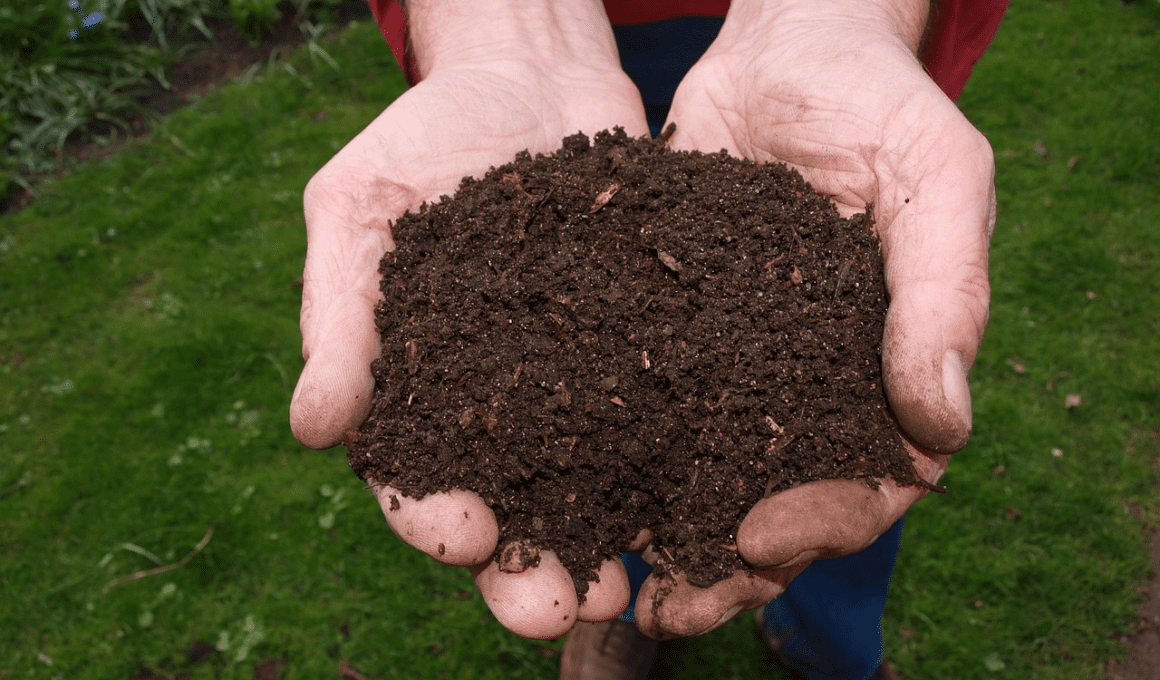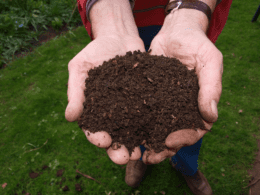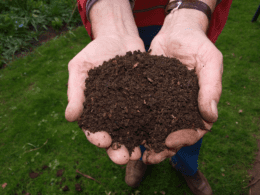Do you want to reduce waste and recycle nutrients in your garden? Composting is a great way to achieve just that, and did you know that you can even compost your weeds? Yes, you heard it right! Weeds can be turned into valuable compost material for your garden.
But, before you go ahead and throw all your weeds into the compost pile, it’s important to know the proper way to treat them. You don’t want to end up with a pile of compost that’s full of weed seeds and ends up spreading more weeds throughout your garden.
In this article, we’ll show you how to transform your weeds into gold with our composting tips. So, get ready to learn the best ways to compost weeds and recycle their nutrients for your garden’s benefit.
Quick Takeaways
- Weeds can be composted and recycled to reduce waste and recycle nutrients.
- Proper treatment of weeds is necessary to prevent regrowth, including destroying seeds and roots.
- Hot composting at a temperature of 145 degrees Fahrenheit or cold composting through fermentation, drying, or baking can be effective methods.
- Composting weeds adds ‘green’ nitrogen ingredients to compost and can create free compost for the garden.
How Can I Prevent Compost from Producing a Bad Smell?
Preventing a bad smell from your compost can be achieved with these stinky compost control tips. Firstly, ensure a balanced mix of greens and browns for proper decomposition. Turning the pile frequently will also help aerate it, reducing odors. Avoid adding meat, dairy, or oily foods into the compost, as they can contribute to unpleasant smells. Lastly, consider covering the compost pile with a breathable material to minimize odor.
Composting Weeds 101
You can easily compost your weeds by following these simple steps for Composting Weeds 101.
First, separate your weeds into green and brown materials. Green materials, such as fresh weeds, add nitrogen to the compost and brown materials, such as dried leaves, provide carbon.
Next, destroy the seeds and roots of the weeds to prevent regrowth. You can do this by hot composting your weeds, which requires a temperature of at least 145 degrees Fahrenheit, or by cold composting, which can be done by fermenting, drying, or baking the weeds.
Composting weeds not only reduces waste going to landfills but also recycles nutrients and creates free compost for your garden. Using compost in gardening has numerous benefits, including improved soil structure, increased water retention, and reduced erosion.
Effective weed control methods, such as composting, can help keep your garden healthy and beautiful without the use of harmful chemicals.
Proper Weed Treatment
To properly treat weeds for composting, it’s important to destroy their seeds and roots before adding them to the pile. This will prevent any potential regrowth and ensure that your compost remains weed-free.
Here are some tips on how to effectively destroy weed roots and seeds:
-
Hot composting: This method requires a temperature of at least 145 degrees Fahrenheit to kill off any viable seeds and roots. Make sure to mix your compost regularly for several weeks to ensure that all material gets cooked in the center where it’s hottest. Soaking your weeds in a bucket before adding them to the hot compost can also help ensure that all possible viable seeds are killed off.
-
Cold composting: This method can be done by fermenting, drying, or baking your weeds to kill off seeds and roots. Drying your weeds in the sun for a week is an effective way to destroy roots that could regrow in your compost. You can also put your weeds into a black plastic garbage bag and bake them in the sun for ten days to kill seeds and roots.
By taking the time to properly treat your weeds before adding them to your compost pile, you can ensure that your compost remains weed-free and healthy for your garden. Destroying roots and seeds is essential for successful composting, and both hot and cold composting methods can be effective in achieving this goal.
Pros and Cons of Weed Recycling
When considering weed recycling, it’s important to weigh the pros and cons before deciding if it’s the right choice for your garden.
On the one hand, composting weeds can reduce waste going to landfills and recycle nutrients, creating free compost for your garden. Additionally, adding weeds to your compost pile can provide ‘green’ nitrogen ingredients to keep it working efficiently.
On the other hand, there are challenges of weed management in composting. Weeds can regrow if not treated properly before adding to compost, and seeds and roots must be destroyed to prevent regrowth. This can be achieved through hot composting or cold composting methods, but it requires careful attention to ensure all material gets cooked in the center where it’s hottest.
Ultimately, the benefits of composting weeds can outweigh the challenges, but it’s important to take the necessary steps to prevent weed regrowth and ensure a healthy, beautiful garden.
Frequently Asked Questions
Can I compost all types of weeds?
Yes, you can compost all types of weeds! It’s a great way to reduce waste and recycle nutrients. Plus, adding weeds to your compost pile along with other garden waste can provide a variety of benefits for your garden.
How long does it take for weeds to decompose in the compost?
Composting benefits include reducing waste and recycling nutrients. Weeds can decompose in six to eight months. Destroying seeds and roots is necessary for weed composting methods to prevent regrowth. Adding weeds adds nitrogen to compost.
Is it necessary to use a compost thermometer for hot composting?
Using a compost thermometer for hot composting can ensure the temperature is at least 145 degrees Fahrenheit, killing seeds and roots. Alternative methods for monitoring temperature include feeling the heat or using a stick. Benefits of composting weeds with other organic matter include creating free compost for the garden and reducing waste. Drawbacks include the possibility of invasive species and weeds regrowing if not properly treated. Optimize the carbon to nitrogen ratio and avoid adding weeds that have gone to seed to achieve the best results.
Can I add weeds that have gone to seed to my compost?
You shouldn’t add weeds that have gone to seed to your compost. This is because the seeds can still sprout and cause problems later. However, weed seed composting has benefits, such as reducing waste and creating free compost for your garden.
Can I use compost made from weeds for all types of plants?
Yes, you can use weed compost for all types of plants. It’s a great way to maximize benefits and reduce waste. Just make sure the compost is fully decomposed and doesn’t contain any viable weed seeds or roots.









